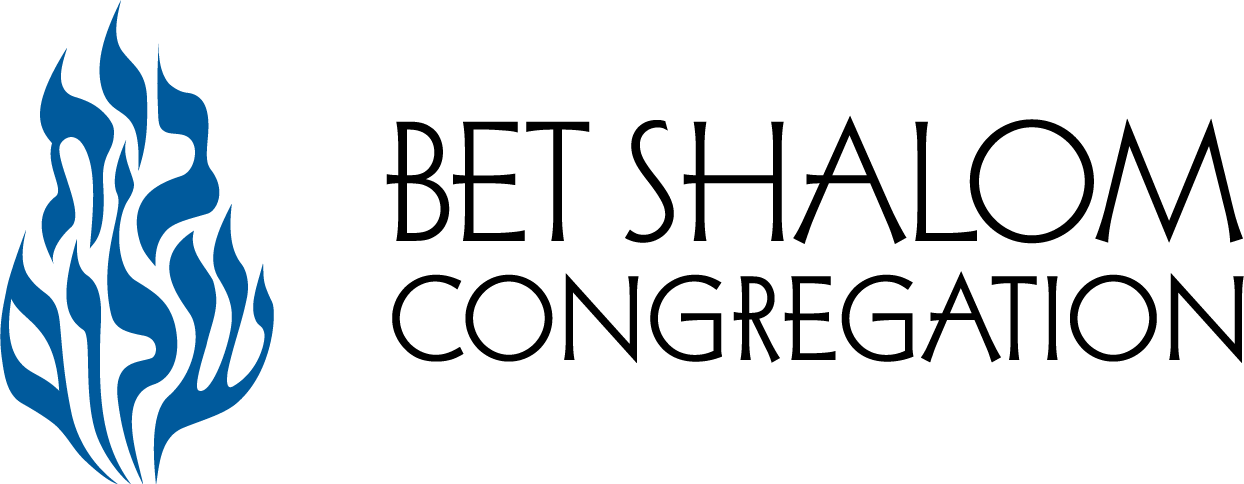ALICE Active Shooter Training at Bet Shalom
By Maura Lerner Fisher
It’s not something we like to dwell on, of course. But have you ever thought about what you might do if an armed intruder entered the synagogue while you were there?
Behind the scenes, Bet Shalom has been training its clergy, staff and teachers in so-called “active shooter” drills for years.
But now, for the first time, it is offering a version of that training for members as well.
“I think there is an advantage to people who would be in our building to know about it,” said Ali King, religious school director, who has taken a lead in the security training. “Because it’s not just strategies to use at Bet Shalom. It’s strategies you can use anywhere because, unfortunately, guns are an issue everywhere.
In August, King and Amber Brumbaugh, the director of operations, jointly led the first member training session, which drew about 15 people.
Both are certified trainers in a national program known as ALICE (Awareness, Lockdown, Inform, Counter and Evacuate).
The basic message, they explained, is that there are steps we can take to protect ourselves and each other in a threatening situation, even before the police arrive.
Some of the strategies may sound obvious: Run, or lock and barricade the doors, if possible. But they also stress “situational awareness” — looking for exits and possible escape routes before a threat emerges. And, less obvious perhaps, ways that a group of people acting together could “counter,” distract or even take down and disarm an intruder.
It’s an approach that’s more proactive than some traditional lockdown strategies, King explained. In some schools, for example, teachers are taught “to lock your door, turn off the lights and have kids and teachers huddle in a corner and wait.” But experience has shown that a more flexible approach with more options is often better. “When groups barricaded (or) escaped through a window when they could, then more lives were saved than if they huddled in a corner,” she said. “We have to do more than just hope that somebody doesn’t get in the room…It does save lives if you can delay someone getting into your space.”
Adam Cohen, the president of the board of trustees, admits that it’s hard to predict how anyone would respond in such a crisis. But he believes the more people who are trained, the better. “I do know that doing nothing is not going to lead to a good outcome,” he said. “The hope is that some form of training gives some people something to rely on.”
On that, Brumbaugh agrees. “We do feel like it’s really important that our staff and now even our members are aware of what we could do,” she said. “That if there was a situation, they would be prepared. Just like you know what to do if there’s a fire, if there’s a tornado. This is just part of it.”
Brumbaugh said when she asked her own instructor how to best protect the sanctuary, he had a simple message. “He said the best thing you can do is offer this training to your members.”
They’re planning a second training session for members in January. If you are interested in participating, contact Amber Brumbaugh at amber.brumbaugh@betshalom.org for the date and time.




